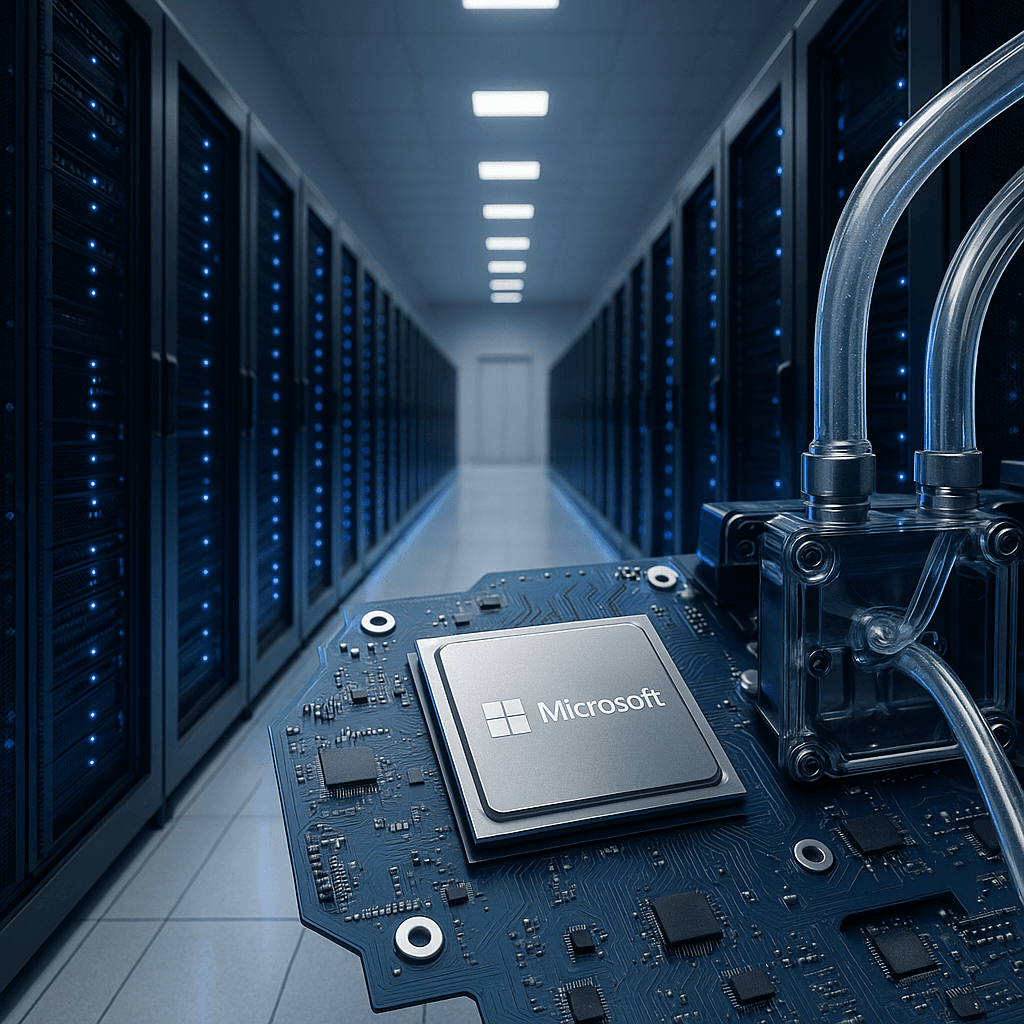Microsoft just dropped a bombshell that could reshape the AI chip wars. CTO Kevin Scott confirmed the tech giant plans to "mainly use its own chips" in future data centers, marking a dramatic shift away from its current reliance on Nvidia and AMD. The move signals Microsoft's push for complete vertical integration in AI infrastructure as compute demand explodes beyond forecasts.
Microsoft just fired the latest shot in the AI chip independence war. During a fireside chat at Italian Tech Week moderated by CNBC, CTO Kevin Scott didn't mince words when asked about the company's long-term silicon strategy. "Absolutely," he said when pressed on whether Microsoft plans to mainly use its own chips in data centers, adding the company is already using "lots of Microsoft" silicon right now.
The admission sends shockwaves through the semiconductor ecosystem where Nvidia has maintained an iron grip on AI training chips. Scott's comments suggest Microsoft is serious about breaking free from external dependencies that have constrained capacity and inflated costs. "We're not religious about what the chips are," Scott explained, noting that Nvidia has offered "the best price performance solution for years and years now" - until now.
Microsoft's chip ambitions aren't just theoretical anymore. The company launched its Azure Maia AI Accelerator and Cobalt CPU in 2023, designed specifically for AI workloads running in Microsoft Azure data centers. Last week, Microsoft unveiled breakthrough cooling technology using "microfluids" to tackle chip overheating - a critical bottleneck as AI models demand more computational power.
"It's about the entire system design," Scott emphasized. "It's the networks and the cooling and you want to be able to have the freedom to make the decisions that you need to make in order to really optimize your compute to the workload." This holistic approach mirrors strategies deployed by Google with its TPU chips and Amazon with its Graviton processors.
The timing couldn't be more critical. Scott revealed that Microsoft faces a "massive crunch" in compute capacity that's "probably an understatement." The company has been scrambling to build infrastructure fast enough since launched, but demand continues outpacing supply. "Even our most ambitious forecasts are just turning out to be insufficient on a regular basis," Scott admitted.












